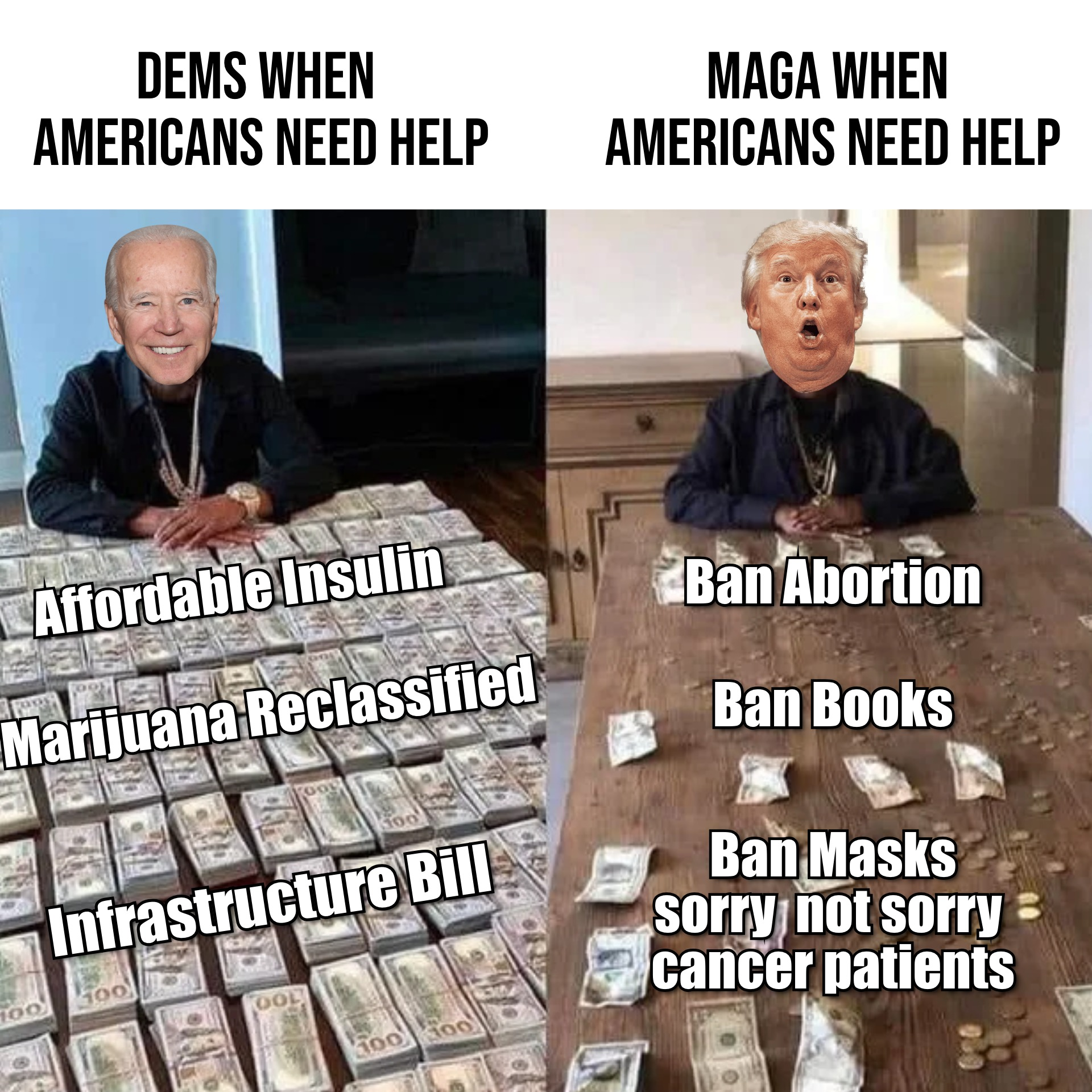this post was submitted on 17 May 2024
999 points (89.1% liked)
Political Memes
5483 readers
2423 users here now
Welcome to politcal memes!
These are our rules:
Be civil
Jokes are okay, but don’t intentionally harass or disturb any member of our community. Sexism, racism and bigotry are not allowed. Good faith argumentation only. No posts discouraging people to vote or shaming people for voting.
No misinformation
Don’t post any intentional misinformation. When asked by mods, provide sources for any claims you make.
Posts should be memes
Random pictures do not qualify as memes. Relevance to politics is required.
No bots, spam or self-promotion
Follow instance rules, ask for your bot to be allowed on this community.
founded 1 year ago
MODERATORS
you are viewing a single comment's thread
view the rest of the comments
view the rest of the comments

Amtrak is actually a government program that helped save passenger rail after it became unsustainable with the private companies. It's a fascinating history that they simply don't teach the general populace.
There were several key provisions:[29]
Of the 26 railroads still offering intercity passenger service in 1970, only six declined to join the NRPC.[31]
The original working brand name for NRPC was Railpax, but less than two weeks before operations began, the official marketing name was changed to Amtrak, a portmanteau of the words America and trak, the latter itself a sensational spelling of track.
source
huh, neat.
I still think rather unfortunately, that national scale business tends to incentivize extreme optimization, while good, tends to hurt significant portions of the service. But that's just me.